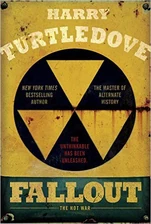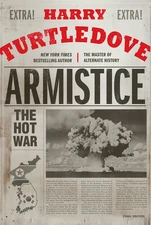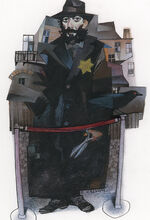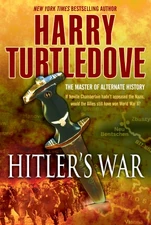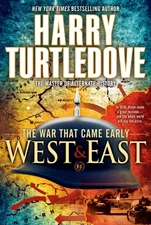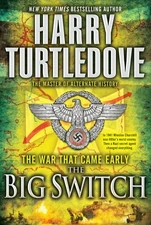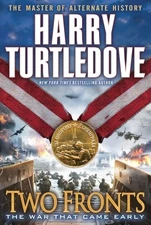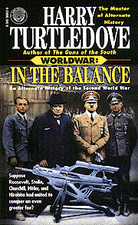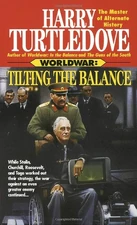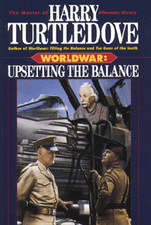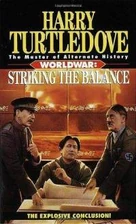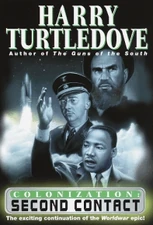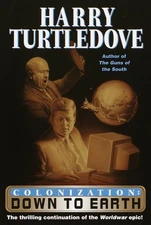
Harbin is a sub-provincial city and the capital of the Heilongjiang Province in Northeast China. It lies on the southern bank of the Songhua River. Harbin is ranked as the tenth largest city in China, serving as a key political, economic, scientific, cultural and communications center of Northeastern China.
Harbin in The Hot War[]
Harbin and several other Manchurian cities were subjected to atomic attacks by the United States on January 23, 1951.[1] In response, China's leader, Mao Tse-Tung, convinced his ally Joseph Stalin, to launch atomic attacks against the USA's allies in Europe, effectively triggering World War III.[2]
Major Hank McCutcheon's B-29 carried the atomic bomb while other bombers accompanied the flight as decoys. The bombers were escorted by Twin Mustangs. The flight flew over North Korea as though on a conventional bombing run then took a dogleg to the east to skirt MiG Alley. After crossing the border into China, Hyman Ginsberg the radio operator, reported an increase in chatter in both Chinese and Russian but it came too late to direct MiG-9s to stop the bombing.[3]
After the attacks, the Chinese government was able to successfully rebuild the rail line through Harbin, the primary reason the U.S. attacked it in the first place. The line was up and running again by April 1951.[4]
Harbin in "Shtetl Days"[]
Following the War of Retribution, the Greater German Reich wiped out the Jews who had relocated to Shanghai and Harbin.
Harbin in The War That Came Early[]
Harbin was the Central HQ for the Kwantung Army. Hideki Fujita was transferred to the city as part of his redeployment to the Siberian border in preparation with Japan's war against the Soviet Union.
As the Japanese Army increased its siege on Vladivostok, the Soviet Air Force bombed Harbin in retaliation.
Harbin in Worldwar[]
Harbin was a major industrial city, and the prime HQ of the Kwantung Army. Japan directed its war with China from Harbin during World War II.
When the Race landed in mid-1942, the combined Chinese revolt and the Race's advanced technology forced the Japanese out of China and north into Manchukuo. After this, Harbin became a strategically important city to the Imperial Japanese Army with their war against the Race, as it anchored their line of defense.
During the early winter of 1942, the Race launched an offensive that captured the city. Its fall saw the eventual defeat of the Japanese on the Asian mainland.
References[]
- ↑ Bombs Away, pgs. 55-61.
- ↑ Ibid., pg. 65.
- ↑ Ibid., pgs. 55-56.
- ↑ Ibid., pgs. 323.
| |||||||||||||||||||||
| ||||||||||
| ||||||||||||||||||||||
| |||||||||||||||||||||||||

